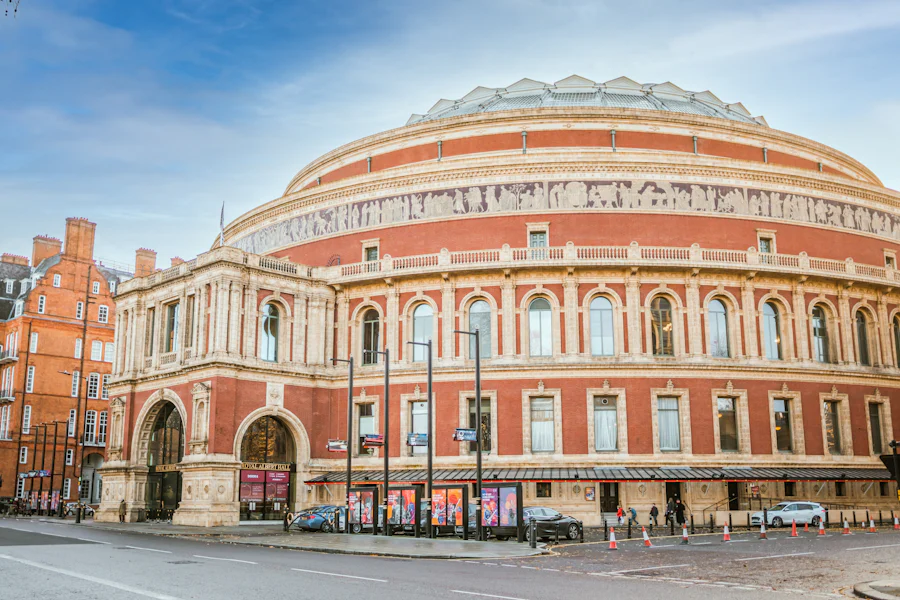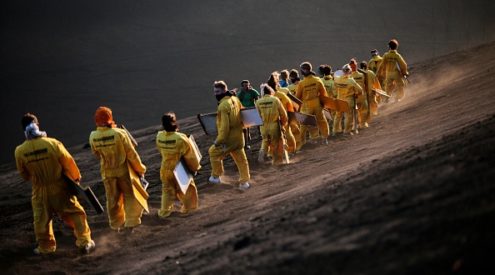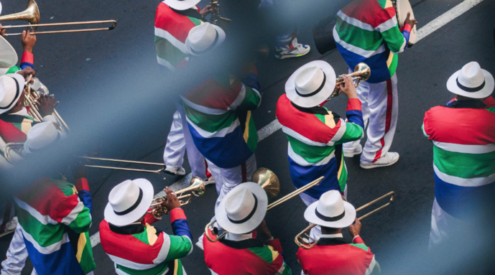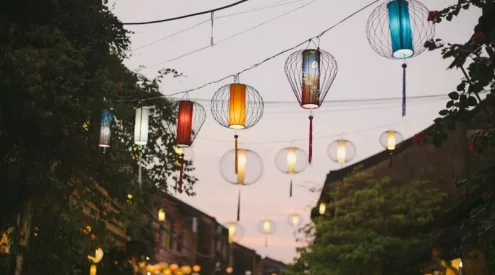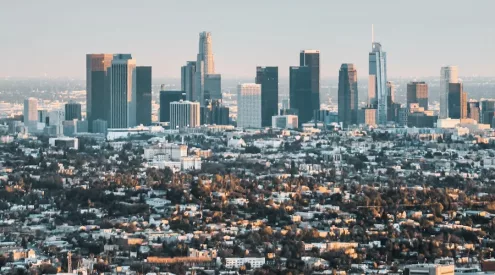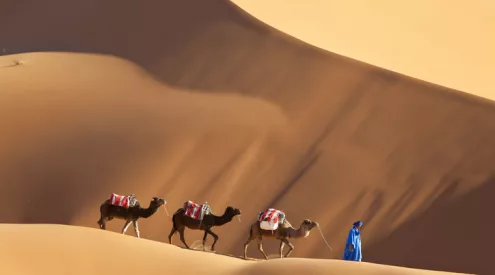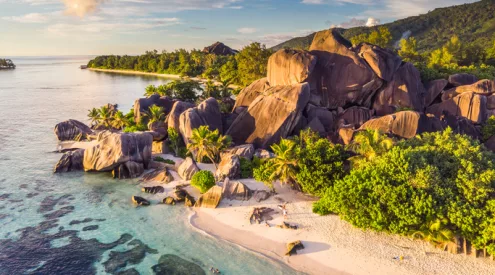The thing that struck me as I entered the city of Kigali, Rwanda, was the litter. It comprised of a single bottle cap on the pavement along Boulevard de l’OUA.
Wandering about over the next few days reassured me that this was one of the cleanest cities I had ever visited, in or out of Africa. I’ve seen more muck in a Swiss clinic for OCD sufferers.
Trees lining boulevards are neatly trimmed; grass on traffic islands is cut as close as golf course fairways; water fountains work; walls are freshly painted; litter bins are everywhere; plastic shopping bags are banned (you won’t even get them through airport customs, so if a Woolies bag is separating your shoes from your tighty-whities, you might want to pack differently).
On the last Saturday of every month, mornings are dedicated to cleaning up and making good. This isn’t the task of the municipality, it’s that of residents. Neighbours come together to pick up litter, cut grass and trim trees. Communities help build schools or plant crops. Social barriers are crossed as all citizens take part – from taxi drivers to mayors; from doctors to priests; from Hutus to Tutsis.
It is, in fact, law. But this is a country where law and order are very comforting things.
Umuganda, meaning contribution, is not a consequence of the horrific upheaval Rwanda has gone through. It has its roots in an ancient tradition that gives one a sense of the true Rwandan spirit before the descent into genocide. Its application has changed through the ages: In the beginning it brought farming communities together for the common good, then it was a way for chiefdoms to extract a corvée, or tax, in the form of labour; it was exploited by the Belgians and Tutsi ruling class to mobilize labour forces during the colonial period, and afterwards it was tainted by the Hutu regime as a means of building nationalistic sentiment and disseminating propaganda against the Tutsi. Now, people embrace Umuganda for its true purpose.
Besides coffee and tea, it is Rwanda’s greatest export. Rwandan peace-keepers introduced it to Haiti and Darfur to help locals build harmony and foster a positive, collective spirit in the wake of disaster. Delegates from the DRC are taking it back to the communities in their own country. Foreign aid workers and NGOs in Rwanda take part in Umuganda and spread the good spirit to other communities in Africa.
The last Saturday of July is a particularly special day in Rwanda. It celebrates the first Umuganda that took place after the genocide 17 years ago in which over 800 000 people were slaughtered. On this special day, people walk together through the streets and valleys gathering others to join them, rousing more and more followers with song before people bend to the task of repair and renewal.
What is your Umuganda?

